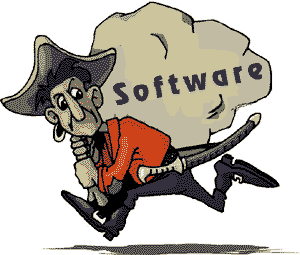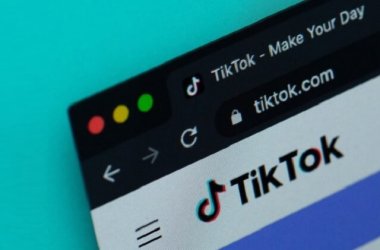 More than half of global PC users admit that they pirate software at least occasionally, contributing to a black-market economy estimated at $63.4 billion in 2011, up from $58.8 billion the previous year, according to a new survey from the Business Software Alliance.
More than half of global PC users admit that they pirate software at least occasionally, contributing to a black-market economy estimated at $63.4 billion in 2011, up from $58.8 billion the previous year, according to a new survey from the Business Software Alliance.
The trade group, a leading advocate for stronger intellectual property rules and stricter enforcement practices, for the first time directly asked survey respondents how often they acquire pirated or not fully licensed software in its 2011 Global Software Piracy Study, the ninth installment of the annual report.
Of the 57 percent of survey participants who admitted to using illegal copies of software, 5 percent said they always use pirated software, 9 percent answered “mostly,” 17 percent “occasionally” and 26 percent said they “rarely” do. Thirty-eight percent said they never install pirated software, while the remaining 5 percent said they didn’t know or declined to answer.
“If 57 percent of consumers admitted they shoplift, authorities would react by increasing police patrols and penalties,” Robert Holleyman, president and CEO of the BSA, said in a statement.
“Software piracy demands a similarly forceful response — concerted public education and vigorous law enforcement,” he added.
The report pegged the overall global piracy rate at 42 percent, roughly the same as the 2010 mark, with much of that activity driven by surging PC usage in emerging markets, where BSA says piracy rates are considerably higher than in developed countries. Emerging countries received 56 percent of PC shipments last year, according to the BSA. In aggregate, users in emerging markets reported a piracy rate of 68 percent, compared to the average figure of 24 percent in mature markets.
The survey also found that self-reported frequent pirates install 55 percent more software programs than do non-pirates. Meanwhile, frequent pirates in emerging countries said they install four times as many programs as their counterparts in mature economies.
“In the developing world, some of this behavior can be attributed to a general state of confusion about which ways of acquiring software are legal and which are not,” the authors of the report wrote, noting a high level of uncertainty in emerging countries as to the legality of software sold at retail outlets.
“That skepticism is not unreasonable. Indeed, in many emerging markets, users would often be right to assume that stores are stocked with illegal copies of name-brand software,” they added.
The United States, the world’s largest software market, reported the lowest piracy rate at just 19 percent, though that still accounted for nearly $10 billion in illegal activity.
China, by contrast, was home to an illegal software market valued at nearly $9 billion in 2011, compared to just $3 billion in legitimate software sales, making for a piracy rate of 77 percent, according to the study.
The study identified business leaders as more common users of unlicensed software than individual users, reporting the common scenario of an IT purchaser buying one copy of a software program and installing unlicensed copies across the enterprise.
“This form of license abuse accounts for the vast majority of enterprise software piracy globally — and the commercial value of it adds up quickly, because it is not uncommon for large companies to make hundreds or thousands of illegal copies,” the report stated.
As part of its menu of policy recommendations for combating software piracy, the BSA is advocating for stronger laws that better align with the new methods of software usage and distribution in the era of cloud and mobile computing.
Additionally, the BSA is appealing to countries to stand up dedicated enforcement units to focus on copyright crimes, fulfill their obligations under a World Trade Organization agreement on intellectual property, and pursue cross-border law-enforcement agreements to address a problem that defies geopolitical boundaries.
The group is also pressing for coordinated education and advocacy campaigns to raise the profile of the issue.
Ipsos Public Affairs, which conducted the interviews for the survey on behalf of the BSA, polled roughly 15,000 computer users in 33 countries that account for 82 percent of the worldwide PC market.





